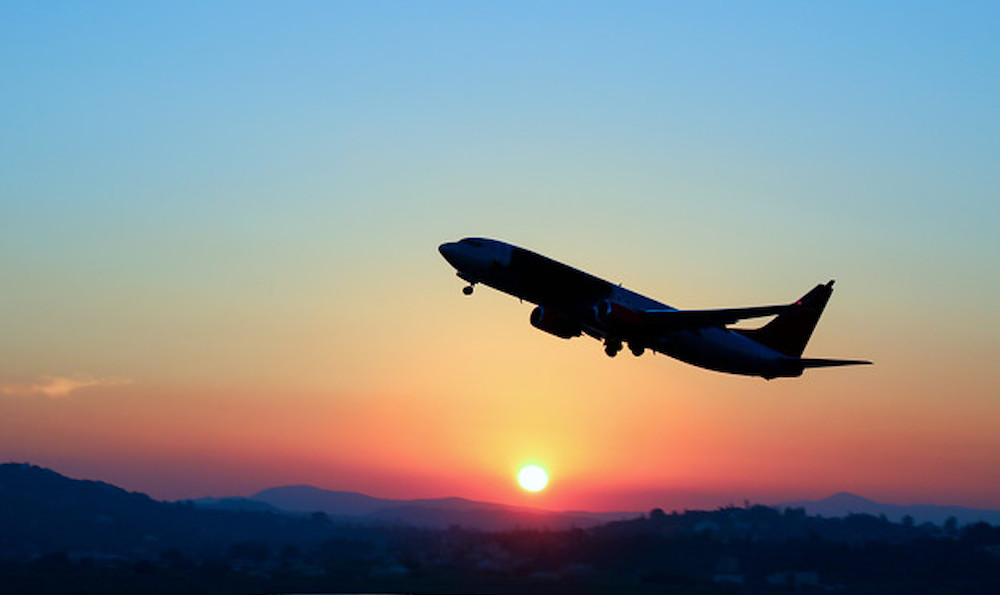LI Network
Published on: November 12, 2023 at 17:25 IST
The Central Government has officially informed the Kerala High Court that airfares are not regulated by the government.
The statement was submitted by K. K Sethukumar, the Central Government Counsel, in response to a plea filed by the Managing Director of Safari Group Of Companies challenging the high airfares to Gulf Countries.
Justice Devan Ramachandran, presiding over the case, received the government’s statement, emphasizing that, following the repeal of the Air Corporation Act 1994, airfares are not under government regulation.
The statement clarified that the government does not interfere in setting airfare prices, and airlines determine fares based on their operational viability, following Rule 135 of the Aircraft Rules, 1937.
According to the government’s submission, Rule 135 does not impose a cap on airfares, as long as the charges stay within the fare bucket established and displayed on the airline’s website.
The statement highlighted that airlines are required to set reasonable tariffs considering factors such as operational costs, service characteristics, reasonable profit, and prevailing tariff norms.
The government elaborated on the dynamic pricing strategy employed by airlines, where fares change based on factors like the day of the week, time of day, and demand for seats. It explained that airfares can vary due to factors like increased demand closer to the departure date or lower prices due to decreased demand.
The government also clarified its role during emergencies, stating that in cases of natural calamities, they coordinate with domestic airlines to fix nominal charges, carry relief material, and operate additional flights. Even during unexpected events, the Ministry of Civil Aviation issues directions to cap airfares.
Addressing concerns about market distortion, the government asserted that airline ticket prices are determined by the demand and supply theory and are regulated by the Competition Commission of India under the Competition Act of 2000. It emphasized that current airfares reflect various factors, including the post-COVID market resurge and geopolitical conflicts.
In conclusion, the government stressed that attempting to regulate or cap airfares could lead to market distortion.
Case titled: Zainul Abideen V. Union of India.

